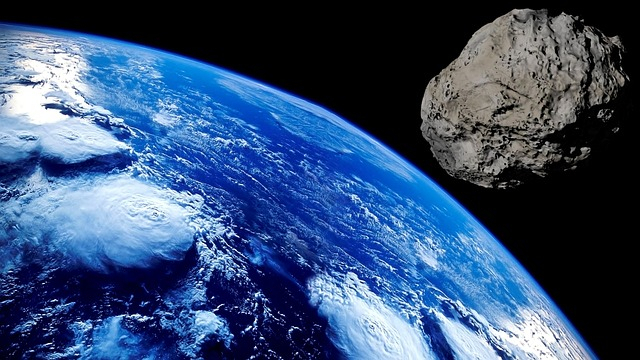A study revealed that asteroids orbiting near Earth contain enough water to fuel satellites as well as other space exploration vessels. According to the author of the study, mining asteroids for water is more practical than carrying out the same procedure on the Moon.
Andrew Rivkin, the lead author of a study published in the Journal of Geophysical Research: Planets, said that there are about a thousand asteroids near Earth that contain water. Many of these asteroids were formed after melted ice water became embedded in rocks in space. Although many of these asteroids are a bit small, some are large enough to contain large volumes of water.
Rivkin, a researcher from the John Hopkins University Applied Physics Research Laboratory, noted that the water from these asteroids can be mined and turned into fuel. This can be done by extracting hydrogen from the water.
The fuel derived from these water-rich asteroids can used for orbiting satellites as well as other spacecraft that are on long-term voyages. This is certainly a more viable option that transporting fuel from Earth and bringing it into space to refuel satellites and spacecraft.
"It's easier to bring fuel from asteroids to geosynchronous orbit than from the surface of Earth," Rivkin told Space.com. "If such a supply line could be established, it could make asteroid mining very profitable."
Being able to refuel satellites can also prevent the accumulation of space debris. After all, many of the dead satellites orbiting Earth stopped functioning because they ran out of fuel. By establishing a refueling station in space, agencies will be able to maintain the operations of their satellites or bring them back to Earth if needed.
The researcher also said that mining asteroids is more practical than extracting water from the Moon. For one, since asteroids are small, they have less gravity than the Moon. This means taking off from an asteroid requires less fuel than launching from the lunar surface.
Also, Rivkin estimated that the asteroids orbiting Earth have enough water to full up 320,000 Olympics-size swimming pools. This is significantly more than the amount of water detected on the Moon's south and north poles.









